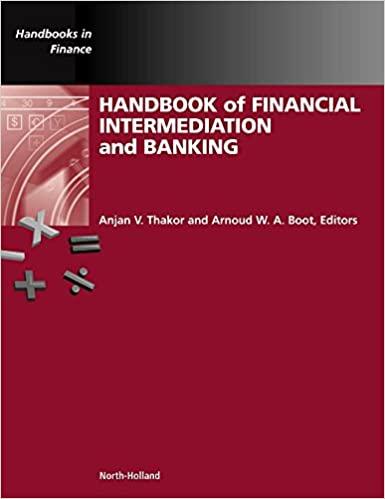Suppose a paper mill is located by a river. Its production process generates pollution that can be dumped into the river at no cost, generating profits of 400. Or it could install filters to control its emissions at a cost of 300, leaving a net profit of 100. A fishery is about to locate by the same river, and it needs to decide whether to locate upstream or downstream from the paper mill. If it locates upstream, it earns profits of 300 when the paper mill does not abate pollution and 500 when the paper mill does abate pollution. If it locates downstream, it earns profits of 200 when the paper mill does not abate pollution and 700 when the paper mill does abate pollution. Suppose that the paper mill has the right to pollute, and the right is enforced with a property rule. What is the paper mill's willingness to accept in order to install pollution control equipment to abate its pollution? Why? BIVA--I.EE 3 X X, EE Question 10 2 pts Consider the fishery's willingness to pay and the paper mill's willingness to accept in Questions 8 and 9. Suppose that there are no transaction costs for negotiation Will the parties negotiate and reach an agreement? Why? Identity which action each party will take and whether the outcome is efficient BIVANI EX 1 - op 22 V X XEE 124 - Paragraph 1 . Now the fishery has a right to clean water, and the right is enforced with a property rule. What is the paper mill's willingness to pay to pollute? Why? HTML BIVAALE #3x x, EE - o * v N T T 12pt - Paragraph - D Question 12 1 pts Now the fishery has a right to clean water, and the right is enforced with a property rule. What is the fishery's willingness to accept to allow the mill to pollute? Why? HTML Editore Ig A - P2 11 = K HE 1 12p - Paragraph - Suppose a paper mill is located by a river. Its production process generates pollution that can be dumped into the river at no cost, generating profits of 400. Or it could install filters to control its emissions at a cost of 300, leaving a net profit of 100. A fishery is about to locate by the same river, and it needs to decide whether to locate upstream or downstream from the paper mill. If it locates upstream, it earns profits of 300 when the paper mill does not abate pollution and 500 when the paper mill does abate pollution. If it locates downstream, it earns profits of 200 when the paper mill does not abate pollution and 700 when the paper mill does abate pollution. Suppose that the paper mill has the right to pollute, and the right is enforced with a property rule. What is the paper mill's willingness to accept in order to install pollution control equipment to abate its pollution? Why? BIVA--I.EE 3 X X, EE Question 10 2 pts Consider the fishery's willingness to pay and the paper mill's willingness to accept in Questions 8 and 9. Suppose that there are no transaction costs for negotiation Will the parties negotiate and reach an agreement? Why? Identity which action each party will take and whether the outcome is efficient BIVANI EX 1 - op 22 V X XEE 124 - Paragraph 1 . Now the fishery has a right to clean water, and the right is enforced with a property rule. What is the paper mill's willingness to pay to pollute? Why? HTML BIVAALE #3x x, EE - o * v N T T 12pt - Paragraph - D Question 12 1 pts Now the fishery has a right to clean water, and the right is enforced with a property rule. What is the fishery's willingness to accept to allow the mill to pollute? Why? HTML Editore Ig A - P2 11 = K HE 1 12p - Paragraph









